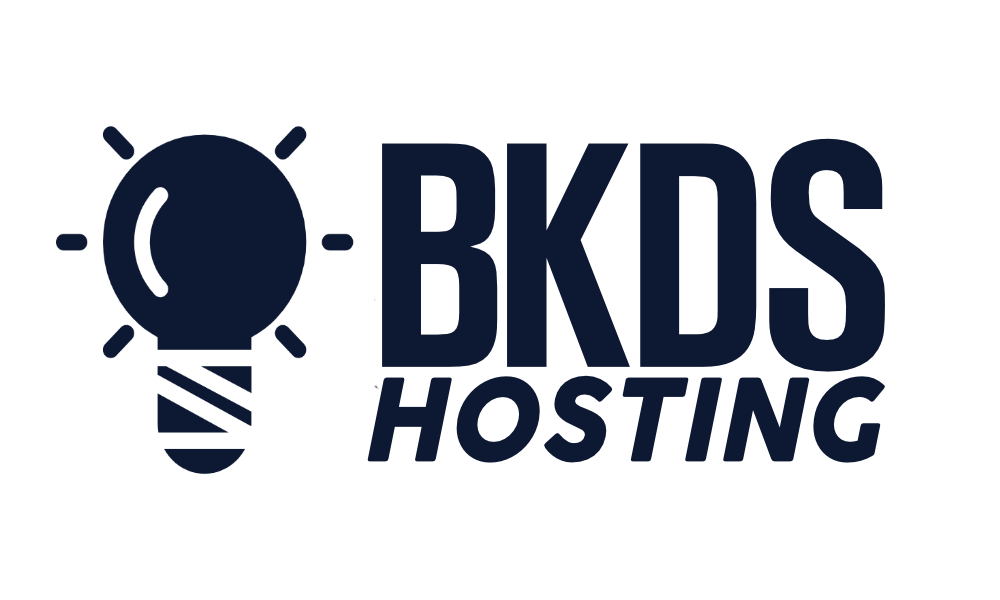In an increasingly digital world, the security of your business's online presence has never been more crucial. The intricacies of safe site hosting are often overlooked, leaving businesses vulnerable to cyber threats, data breaches, and a subsequent loss of customer trust. This discussion seeks to illuminate the must-knows of secure site hosting, from the deployment of advanced web application firewalls and secure file transfer protocols, to the importance of regular data backups and comprehensive security audits. As we explore these critical aspects, we will uncover the vital role they play in safeguarding your business's digital assets and customer data.
Understanding Secure Web Hosting

In the realm of web hosting, ensuring security involves multiple practices, beginning with the implementation of a Web Application Firewall (WAF) to block common threats such as CSF, XSS, and SQL injections. A secure web hosting service does not only rely on a robust WAF but also on the secure transfer of files. The use of Secure FTP (SFTP) is a crucial practice in maintaining the integrity of data during transfers.
The role of the hosting provider extends to the regular backup of data, not only for disaster recovery but also as a protective measure against ransomware attacks. A secure web hosting server is incomplete without the encryption of connections—a practice executed using SSL/TLS certificates. This encryption ensures the confidentiality and integrity of user data during interactions with the website.
Server security is also reliant on routine audits which include penetration testing and vulnerability patching. These practices ensure the hosting service remains unbreachable. Lastly, the hosting provider must promote security education for both employees and customers, enforce strong password policies, and implement multi-factor authentication. All these measures contribute to a comprehensive understanding of secure web hosting.
Importance of SSL Certificates
Building upon the realm of secure web hosting, it is essential to underscore the critical role of SSL certificates, which serve as a formidable line of defense, safeguarding data transmission and bolstering the overall system security. SSL, or Secure Sockets Layer, is a security layer that encrypts data between a web server and a visitor's browser, preventing potential interception and misuse of sensitive information.
The benefits of SSL certificates are manifold:
- Enhanced Security: SSL certificates encrypt data, ensuring secure transmission of visitors' information. This is especially crucial for eCommerce site owners who handle sensitive customer data.
- Trust and Credibility: Hosting companies offering SSL certificates, like Lets Encrypt, provide a sense of credibility and trust to your visitors.
- SEO Advantage: Google favors HTTPS-enabled websites, giving an SEO boost to those sites with SSL certificates.
Protecting Site With Firewalls

To further fortify your website against potential threats, the implementation and proper configuration of a Web Application Firewall (WAF) is indispensable, as it effectively blocks common attacks such as Cross-Site Forgery (CSF), Cross-Site Scripting (XSS), and SQL injections.
The WAF is a key component of Web Hosting Security, acting as a secure gatekeeper between the site and the internet traffic. It scrutinizes all inbound and outbound data, ensuring only legitimate traffic can access the server. Ergo, a WAF is essential to shield your site from hackers, malware, and other malicious activities.
Hosting providers often offer integrated firewalls, but it's vital to ensure they are properly configured to fully benefit from their protective features. The firewall should be complemented with antivirus and anti-malware software, which provides additional layers of security by regularly scanning the server for malicious codes.
Furthermore, consider implementing a Secure FTP (SFTP) for secure data transfer and regularly backup server data for disaster recovery. Whitelisting maintenance IPs can also restrict server access to authorized personnel, further strengthening your site's security.
Hence, a combination of a well-configured firewall, robust security software, secure data transfer, and restricted server access can fortify your site against cyber threats.
The Role of Regular Backups
Understanding the critical role of regular backups in web hosting is fundamental to maintaining a secure online presence, as they not only serve as a safety net for disaster recovery and ransomware attacks but also offer the possibility of site restoration, thus minimizing potential downtime.
Regular backups are a critical component of securing your business online. They can be achieved through a variety of methods, depending on the specific needs and capabilities of your business. Notably, these include:
- Manual backups: These are done by manually downloading your website data and storing it on a dedicated server or another safe location.
- Automatic backups: Many web hosts, such as Bluehost and A2 Hosting, offer automatic backup options as part of their hosting packages.
- Managed hosting: This is a full-service option where the hosting servers perform regular backups among other tasks.
Choosing the Right Hosting Provider

When it comes to ensuring the security of your online presence, selecting the appropriate hosting provider plays an integral role, demanding careful consideration of several key factors such as their security measures, data backup protocols, and customer support capabilities. This process forms the bedrock of your web security strategy, with the best providers in the hosting industry offering a combination of robust defenses and responsive support.
Exploring the variety of hosting options, shared hosting may appear cost-effective, but providers like A2 Hosting offer advanced security features that can better protect your website. These measures include web application firewalls, DDoS protection, secure FTP for safe file transfers, and regular data backups for recovery purposes.
Your right web host must also provide SSL/TLS connections for encrypted data transfers, and comprehensive antivirus and antimalware protections, ensuring regular malware scanning and removal to keep your website secure.
Conclusion
In conclusion, secure web hosting is an indispensable aspect of modern business operations. The implementation of SSL certificates, firewalls, regular backups, and the selection of a reliable hosting provider contribute significantly to a robust security posture. By prioritizing these measures, businesses can effectively safeguard sensitive information, maintain customer trust, and enhance overall site performance. Thus, the thorough understanding and implementation of safe site hosting practices is crucial in today's digital landscape.

